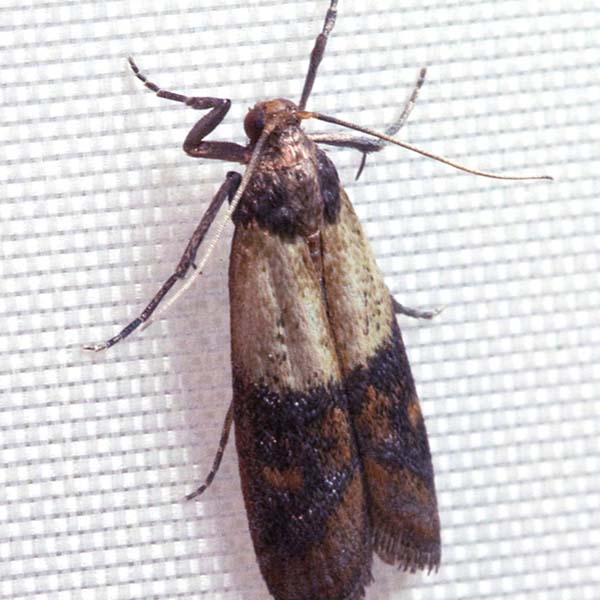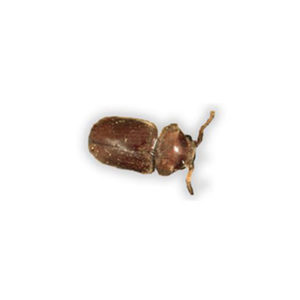Indian Meal Moths in the Pacific Northwest
Indian meal moths are an extremely common household pest, and they can be found almost anywhere in the world. These moths are most famous for feeding on cornmeal made from Indian maize, which is where they get their common name. Indian meal moths can be identified by their small wingspan and distinctive copper coloration on the lower part of their wings. Though adult Indian meal moths are relatively harmless, their larvae can cause major problems by consuming a large amount of dried food products shortly after hatching.
Indian Meal Moth Habitat
Unlike other species of moths, adult Indian meal moths do not eat. Instead, they lay their eggs on top of food sources such as cereal, flour, or pet food. A single Indian meal moth can lay over 400 eggs in a single 18-day period, which allows these pests to spread quickly throughout a home. After hatching, the larvae will consume a large amount of food before growing into the pupal stage. These pests typically leave behind large amounts of webbing near their food sources, which can help homeowners identify an infestation.
Indian Meal Moth Behaviors, Threats, or Dangers
Indian meal moths are not considered to be dangerous, as they are not aggressive and do not pose any major health risks. However, they can still cause considerable destruction if they chew through the contents of your pantry. Adults lay their eggs directly on top of stored food products, such as grains, crackers, or dried pet food. Though the larvae are mainly responsible for destroying food sources, they can eat through a surprising amount and spoil a lot of food. Since infestations can spread quickly, it is always recommended to contact your local exterminator if you spot the signs of Indian meal moths on your home.


